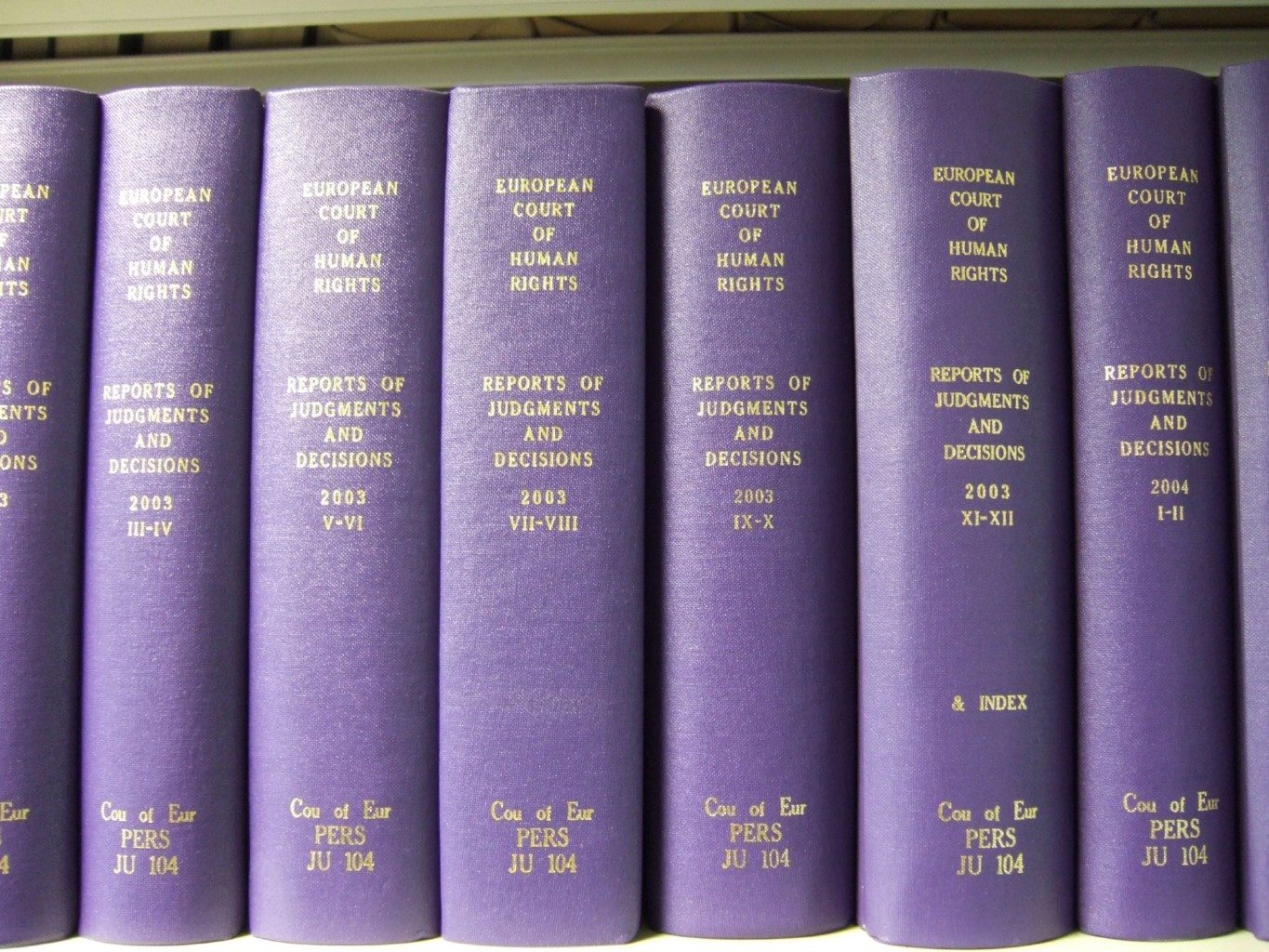The ECHR: a threat to European Democracy?
On 9th July 2013, the European Court of Human Rights ruled that whole life tariffs imposed upon the most heinous murderers in England and Wales amount to inhuman and degrading treatment, in violation of Article 3 of the European Convention. This judgement raises many challenging questions that go to the heart of debates about the modern criminal justice system. Arguably, even more importantly, the ruling, along with others imposed by the ECHR in recent years, has significant implications as to where power lies in democratic European society.
We should be no under illusion that a decision to ‘lock them up and throw the key away’ is taken lightly by judges. Whole life terms are, after all, imposed only in an exceptionally rare number of cases – a grand total of 48 men and one woman are currently subjected to them. The vast majority of convicted murderers in England and Wales today do therefore have some hope of eventual release. However, there is a clear argument in the very most horrendous murder cases – such as the premeditated killing of multiple victims or of children – that society fails to sufficiently reflect its abhorrence of these acts, and devalues the life or lives purposefully, if there is any hope of the perpetrators one day walking the streets. It is indeed arguable that offering such murderers hope – however remote – of one day walking the streets devalues the life or lives that they purposefully ended. Imposing whole life tariffs upon the most brutal murderers does not eliminate the possibility of their gaining some personal or spiritual redemption whilst incarcerated. Nor can it be said that it sees society resort to the same level as the killers in question, for, unlike under capital punishment, their lives remain intact. It simply states that there are some murders so beyond-the-pale that a civilised society cannot countenance the guilty parties ever again being at liberty. There are, of course, legitimate arguments against this position; this is a nuanced issue over which there can be wholly rational differences of opinion. The imposition of whole life terms upon the most hideous murderers can simply not be compared to crimes like the sending of political prisoners to gulags in Stalin’s Russia that the ECHR was established to prevent.
The fact that this is a matter over which reasonable people can disagree lies at the core of why it is wrong for the European Court to enforce its will on the issue. It is a long-standing principle of representative democracy that legislatures make the law and judiciaries apply it. This accords with the fact that members of the legislature, though not delegates, ultimately depend on voters to preserve their jobs. That accountability to voters means that, in the UK, Parliament is the appropriate setting for debates upon controversial issues over which there are sincerely-held, contrasting viewpoints. Judicial authorities like the ECHR do, of course, have an important role in ensuring that the rights of minorities are protected within that democratic framework, but it is crucial for such authorities’ own standing that they respect the leeway of legislators when doing so. If the ECHR instead assumes the role of determining the outcome of public policy issues, e.g. whole life tariffs as well as prisoner voting rights, going against its own principle that it should act merely as a subsidiary to the role of national courts, then the impact upon democracy could be devastating. It risks leading to political debate throughout Europe taking place within the tightly circumscribed parameters instituted by an unelected and unaccountable judicial body. This can only lead to voters feeling less empowered in the governance of their societies, as well as being unreflective of the democratic values that the ECHR was established to protect. It is clear, then, that democracy throughout Europe faces a genuine long-term threat stemming from judgements like this imposed by the European Court.
The question of how we should respond to such behaviour by the ECHR has no clear answer, however. Simply ignoring the offending judgements may seem an attractive short-term solution, but is not sustainable, ignoring rather than addressing the problem. The option of withdrawing from the Court’s jurisdiction, meanwhile, could force us to exit the European Union, for submission to the ECHR is a condition of EU membership. Although there are those who may rub their hands in glee at the thought of EU withdrawal, it is surely apparent that we should be able to decide this issue on its own merits, rather than an answer being forced upon us by the mission creep of ECHR judges. However, merely accepting the Court’s rulings in cases like these is equally undesirable, producing all of the problems for democracy already discussed. Accordingly, the UK is stuck between a rock and a hard place on this matter. The only credible solution seems to be European nations working in conjunction with one another to recognise the challenge posed to democracy posed by the ECHR at present and go about reforming the current working of the court. Both unilateral action by the UK and a simple acceptance of the status quo are unworkable. Achieving such concerted European action is unlikely to be straightforward, especially when it is in the UK that the constitutional dilemma posed by the ECHR has become particularly apparent, but it is only through such action that a viable democratic settlement can be restored for the whole continent.

Comments